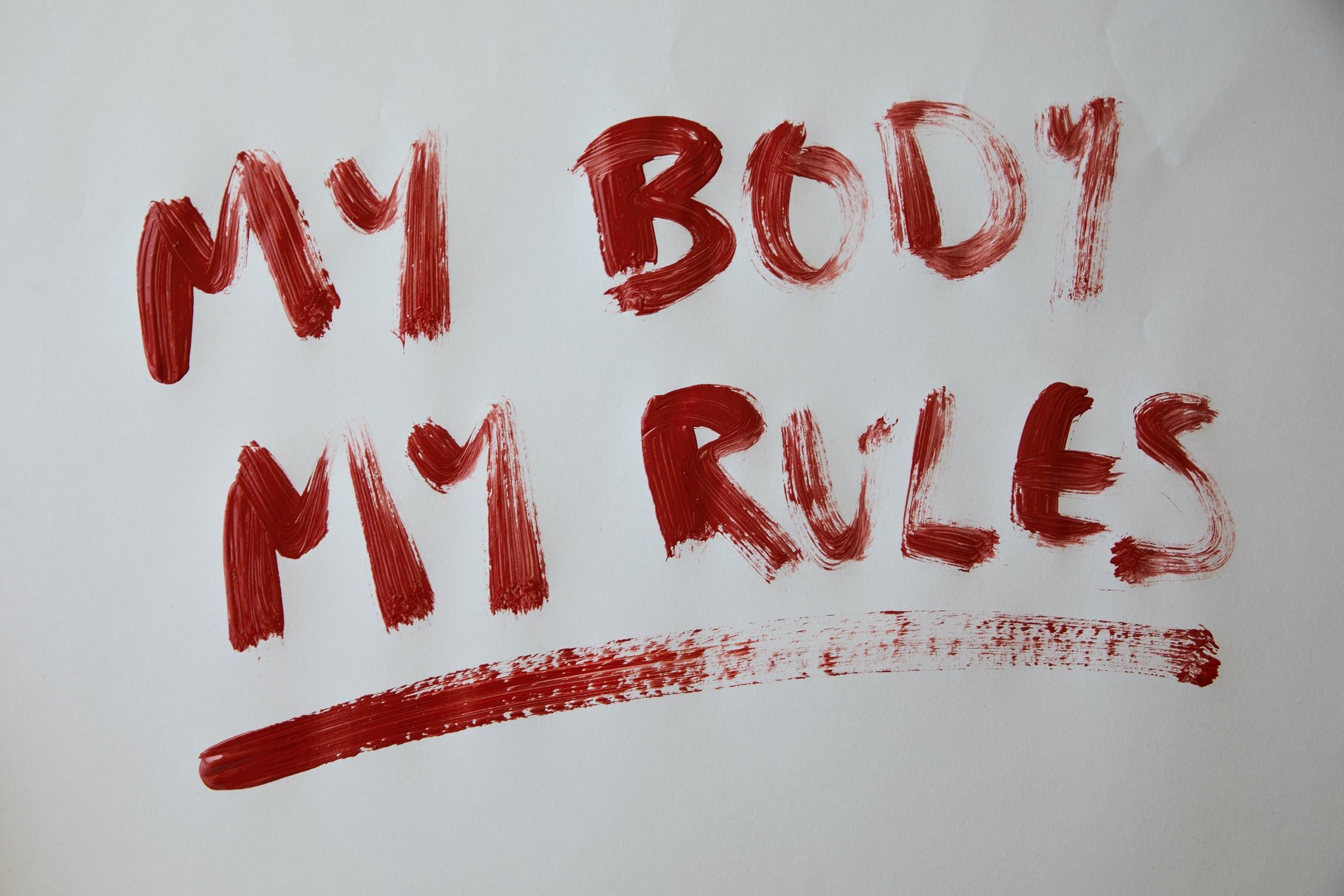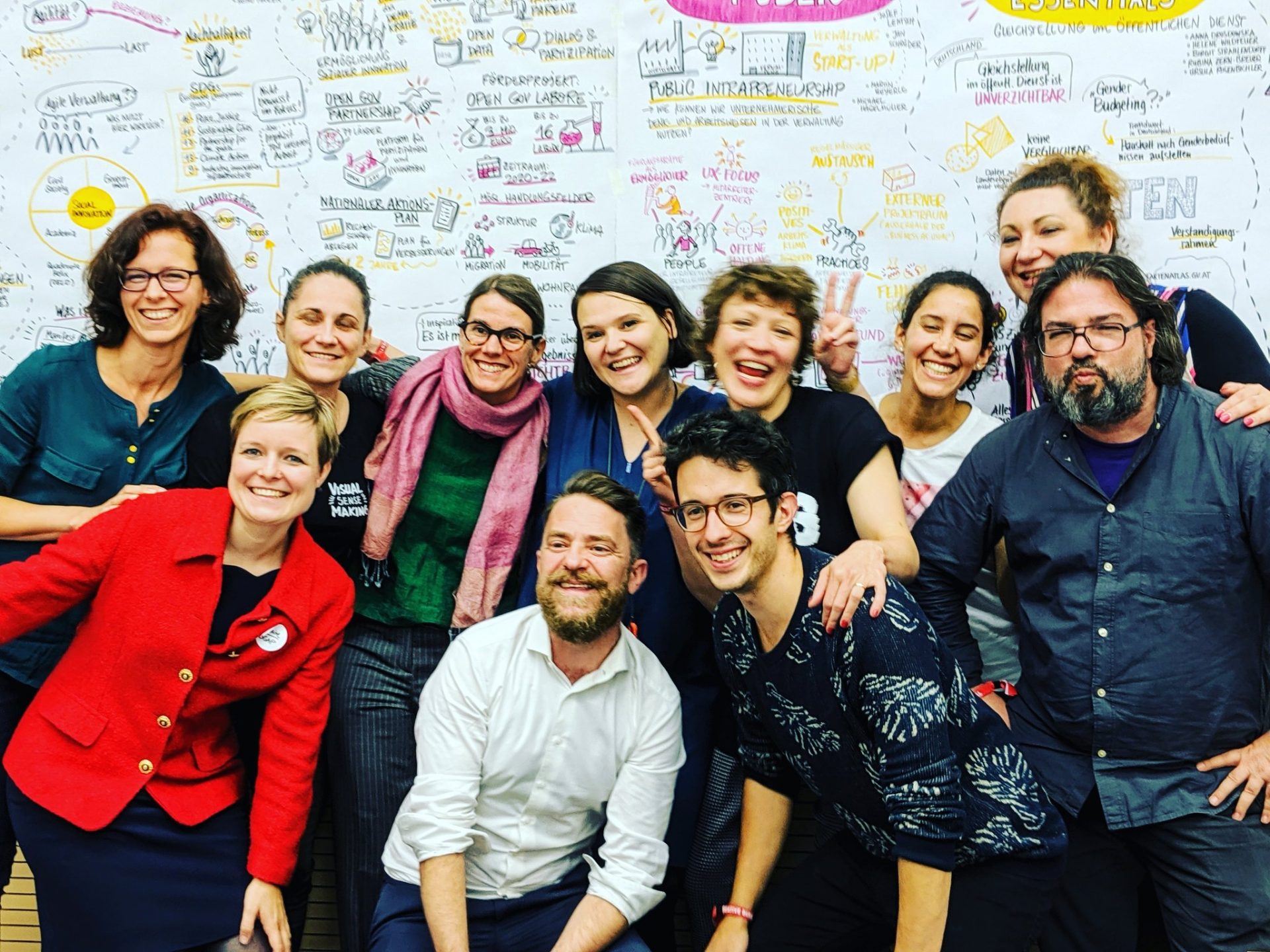
Our group decided to tackle the difficult topic of sexual harassment. Many find this an uncomfortable subject to discuss, and due to this unease, women don’t speak up, which leads to numerous hidden cases and untold stories. It is disheartening to say that there were 626 rape convictions in Switzerland in 2018, and this is a number for the victims that had to fight fr their lives. Unfortunately, under the Swiss law, “(in order) for rape to have taken place, there must have been coercion, which means women are indirectly required to have defended themselves.” Therefore, when we analyze these numbers, they are not accurate, as there are many rape cases where women suffering the attack go under a paralysis-like-state.
Consequently, due to how the law is currently set up, those cases are not accounted for. Additionally, it has been proven that on many occasions, women feel ashamed to speak up. For example, based on a survey conducted on 4500 swiss women, 64% felt embarrassed to go to the police, and 62% said it was not worth it. These are scary statistics that sadly are a part of most women’s lives. For that reason, we believe that there should be a big focus on educating individuals on this topic, men, women, boys, girls, parents, teachers, etc. It is only by educating people that we can expect behaviour to change.
The Challenges
A typical Swiss mindset emphasizes security and stability. Although these are great traits for education, the Swiss tend to be more traditional, cautious, and guarded when it comes to such a delicate topic. This is also reflected in their children’s upbringing and view on school education. In Switzerland, sexuality education commences mainly around secondary school, although there are differences between the cantons. Sex education seems to be a very delicate topic because it includes emotions, morals, society and religion. The more conservatives are worried that introducing sex education at a young age dangers innocent minds. Furthermore, parents seem to want to take responsibility for explaining this topic to their children, yet it is questionable if and how well this is done.
In an interview between Beat Zemp, the head of the Federation of Swiss Teachers, and swissinfo.ch on January 29, 2018, Beat talks about the difficulties of implementing sex education in Swiss schools. When asked if he thinks that parents should educate their children and not the school, he replied: The main aim is to protect children from sexual abuse. In Kindergarten, children should already be aware that ‘my body belongs to me’ and that ‘there is good and bad touching.’ By Upper School, you can add in protection from sexually transmitted diseases. These two risks justify why schools should be allowed to interfere in how parents teach their children about sex. This opinion has been protected by the Swiss Federal Court ruling and now by the European Convention on Human Rights.
Therefore the challenge is to change the typical Swiss mindset about a topic that seems to gain importance and interest within the younger generation. On the one hand, to end the taboo on this topic and on another, to pass on learnings and understandings that last a lifetime.
The Idea
Based on research material, the main issue when it comes to sexual harassment in education. There is a lack of education from a young age about the meaning of sexuality, consent, and respect for one’s body. As mentioned before, this is an issue some parents believe should be addressed at home, as they don’t want to over-sexualize or even stimulate their kids in that manner. On many occasions, the issue with this is that such conversations never happen, and kids grow up without the necessary knowledge about sexuality and what are appropriate behaviours. For that reason, we believe that education should come from a school environment and that this should be explained to children without the biased opinions of their parents. Kids should be entitled to understand how their bodies work and learn to respect it from a young age. By doing so, they can learn how to react in a time when a reaction needs to take place, for example, in case of inappropriate behaviour or anything else in this manner – once addressed, it can be dealt with in an educated manner. We recommend doing so by applying mandatory sexual education workshops or lectures at three crucial developmental “stages” of an individual’s life. The “first stage” being at primary school, the “second stage” at high-school, and the “third stage” at university. Each stage would address the individual needs of each respective age bracket. As shown below:

With that said, we believe that by implementing this topic-specific educational tool in young people’s lives, at these three different yet equally important stages, there is much potential to shift the mentality and phobia people have on this topic. Additionally, educating young people from a young age gives them the power to understand their bodies and their counterparts, but it also allows them to learn to respect them. This social design effort can change how people approach and demystify a topic that is uncomfortable to most individuals of all ages.
Written by Lea Hollenstein, Zirzareth Molina, Marina Praxedes, and Kaho Sakuta.
